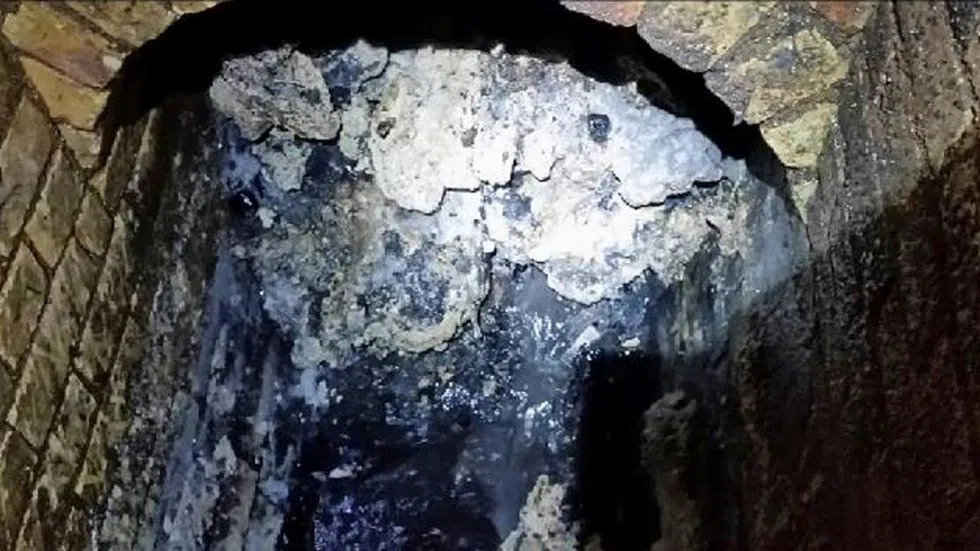
Watch what you flush or pour to prevent sewer problems
Be diligent about what you flush or pour down your sink.
This message comes as major cities across the world are reporting ‘fatbergs’, congealed masses of fat, grease, and items like baby wipes that shouldn’t be flushed.
A 64 metre fatberg was discovered in the sewers of Sidmouth, England, while one found beneath Whitechapel in East London in 2017 weighed as much as 11 double-decker buses.
While those are two extreme cases, Water Security Agency spokesperson Ron Podbielski told northeastNOW local sewer systems are affected by inappropriate items being flushed or sent down sinks.


